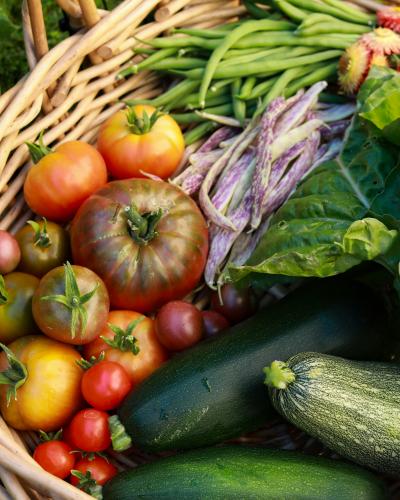Organic farmers often rely on animal manure to build soil health and fertility. While these amendments improve soil structure, nutrient cycling, and long-term productivity for growers, they can...
Dec 18, 2025
An article published in the Journal of Cleaner Production found that dedicating a larger share of farmland to organic reduces...
Dec 04, 2025
A new study published in the European Journal of Preventive Cardiology suggests that eating organic food can protect heart...
Nov 17, 2025
Results from a large scale cross-sectional study published in the journal of Public Health Nutrition suggests an association between reduced inflammation and consuming organic food. Though this...
Nov 03, 2025
A study published in the International Journal of Behavioral Nutrition and Physical Activity has provided compelling evidence that higher organic food consumption may contribute to a lower risk of...
Sep 03, 2025
A comprehensive national study published in Frontiers in Cancer Control and Society has found strong associations between...
Jul 23, 2025
A new study from Guanajuato, Mexico published in the journal Agriculture found that grapes grown under organic management...
Jul 16, 2025
A 2025 study published in Environmental Health provides some of the strongest evidence to date that glyphosate and glyphosate-based herbicides (GBHs) pose a significant cancer risk. The research...
May 29, 2025
An extensive review of research published in Environmental Health supports the growing evidence that synthetic food dyes,...
May 16, 2025
The benefits of organic practices extend beyond environmental sustainability to include improved nutrition. A recent study...












